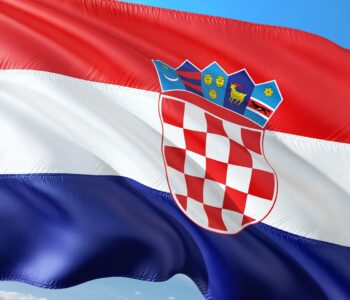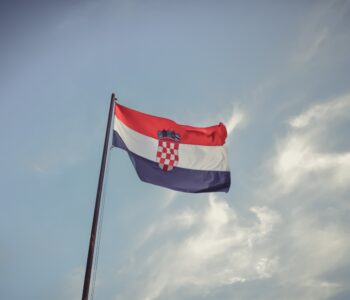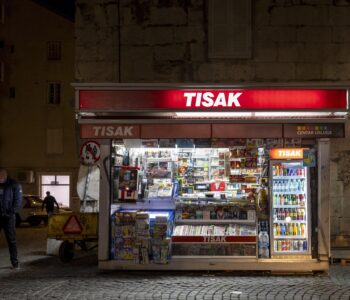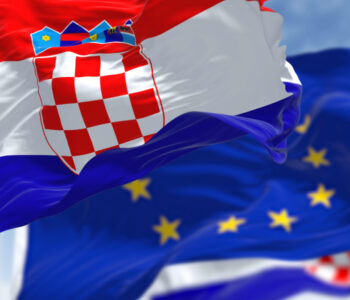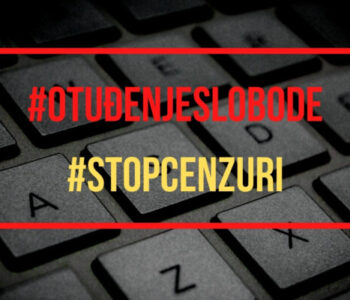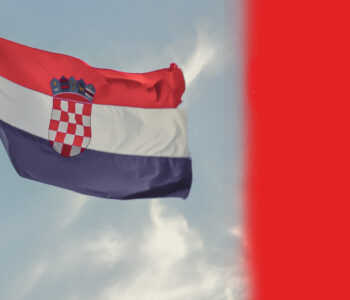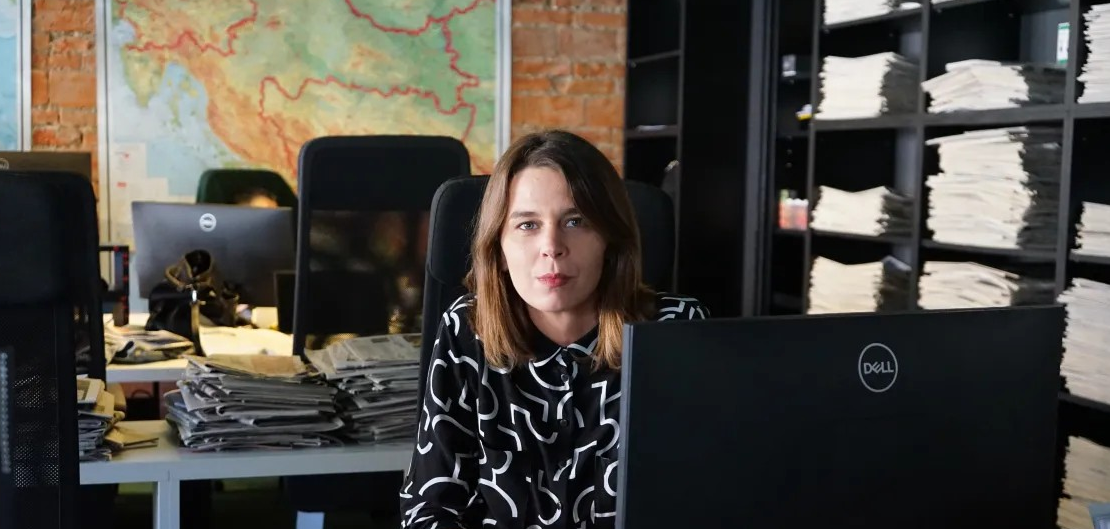 Library
Library
Croatia: Faktograf journalist Melita Vrsaljko physically assaulted twice in…
Croatia: Faktograf journalist Melita Vrsaljko physically assaulted twice in a week
The undersigned organisations express deep concerns about the physical attacks targeting Melita Vrsaljko, a journalist working for the Croatian fact-checking website Faktograf.hr and the Climate Portal. Vrsaljko was assaulted twice in the same week, in the street and at her home in Nadin due to her journalistic work. We urge the Croatian authorities not to let these unprecedented attacks go unpunished.
On 15 July 2024, journalist Melita Vrsaljko and a freelance camera operator were working on a documentary co-produced by the Climate Portal, which focused on climate change and waste. While on assignment, they were attacked by an elderly man after passing near his land, which Vrsaljko said had become an emerging illegal waste dump in Nadin. According to the journalist, the man suddenly ran towards them, first threatening the camera operator to damage his camera. The operator reportedly had his camera switched off and was not filming at the time.
Vrsaljko, who had identified herself as a journalist, was physically assaulted by the man, who reportedly grabbed her arm and snatched her mobile phone. In self-defence, the journalist reported she had no choice but to kick him to free herself and call the police. Police officers of the Benkovac-Obrovac Police Station intervened on site and considered the incident as a misdemeanor against Public Order and Peace (no criminal offence established) with both the journalist and the attacker equally guilty. The police issued an order for both to stay at least 50 meters away from each other. Vrsaljko stated on her social media that the man attacked her first, based on a short video of him running towards her, which she later published.
The following day, Vrsaljko was subjected to a second physical attack, this time in her home. The assailant was the initial attacker’s daughter, Iva Perić, a 36-year-old woman who had been harassing Vrsaljko throughout the day with numerous phone calls and messages, demanding that she delete the footage of her father. Despite Vrsaljko’s assurances that she had no intention of writing about the attack, Perić continued harassing her, and the altercation escalated into a physical assault, which left the journalist injured.
“Three hours after her last message, Iva Perić knocked on my door. Thinking it was my mother, I opened the door. After snatching my mobile phone and threatening to delete the footage of her father, she pulled my hair and strangled me,” Vrsaljko told the MFRR partners. “I was forced to bite her hand until it bled to push her away, grab my phone back and call the police,” the journalist added. The Croatian Journalists’ Association (CJA) said that police authorities, whom the journalist called immediately after the incident, failed to recognise her journalistic work as the motive behind the attack, declaring once again the aggression as a misdemeanor.
Vrsaljko sustained bruises and scars from the fight, as well as throat pain from the strangulation. According to her lawyer, the journalist will file a criminal complaint for both attacks she was a victim of with the Zadar State Attorney’s Office.
Both attackers are related to Dario Vrsaljko, a councilor in the Zadar County Assembly. All three are distant relatives of the attacked journalist. Despite sharing the same surname, the journalist says she had no personal contact with them and was targeted only for her work.
“For years, Faktograf – Association for the Informed Public, has endured violent threats. Our journalists have been repeatedly subjected to harassment and attacks, yet this physical assault on Melita Vrsaljko in her own home marks an unprecedented and appalling escalation of violence,” Faktograf declared on its news portal.
Croatian journalists are not often subjected to physical attacks, in comparison to some other EU member states and candidate countries. Since 1 January 2023, only two physical attacks have been recorded on the Media Freedom Rapid Response (MFRR) platform. The attack on Melita Vrsaljko is an alarming example of physical violence being used to intimidate and silence journalists. The undersigned organisations urge the authorities to treat this case with the seriousness it deserves. The MFRR joins the SafeJournalists Network in calling on the authorities to prosecute the perpetrators, who have been clearly identified.
This statement was coordinated by the Media Freedom Rapid Response (MFRR), a Europe-wide mechanism which tracks, monitors and responds to violations of press and media freedom in EU Member States and candidate countries.

